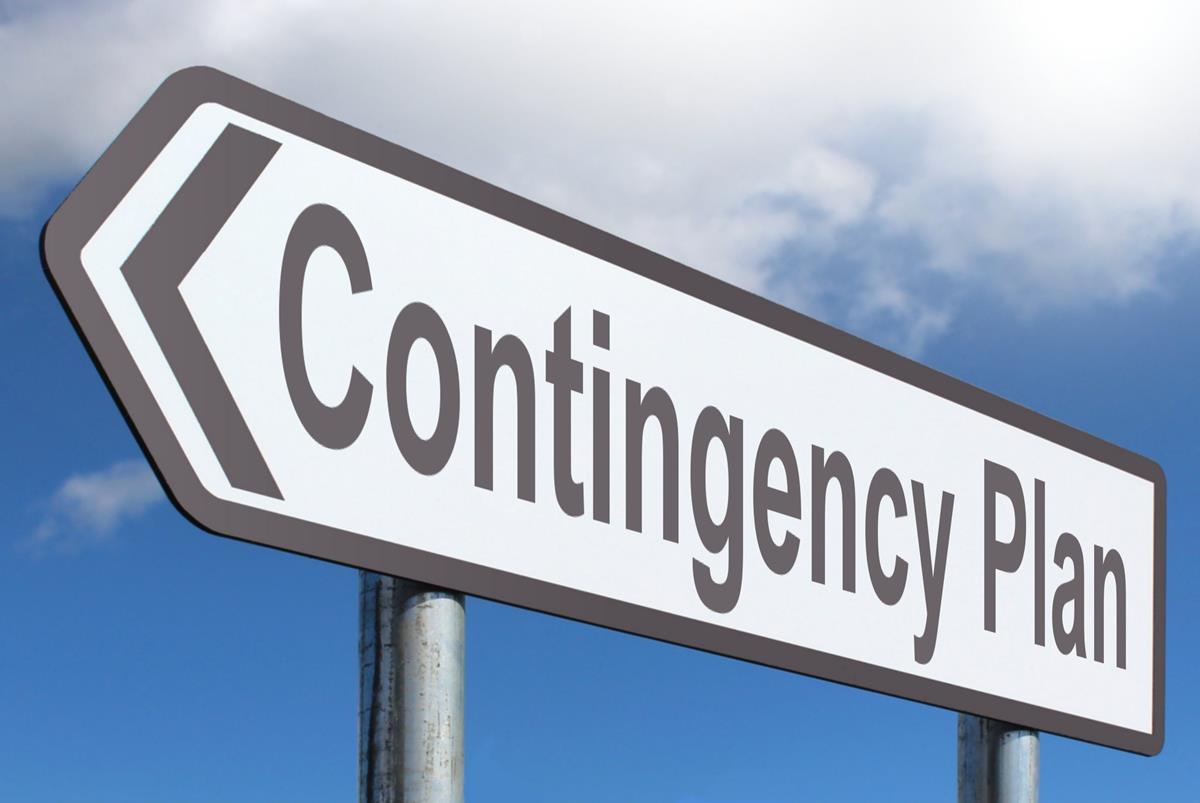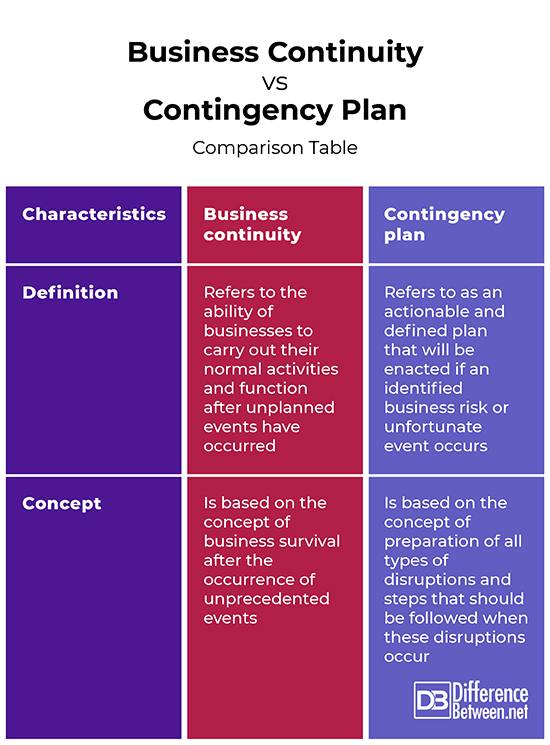
Minor and major disruptions must be avoided at all costs for business survival. Most events that can cripple business operations are non-predictable including terrorist attacks, cyber-attacks and natural disasters including floods, earthquakes and fires. These cost businesses money, time, customer loyalty and market share. Since no one can predict future events and the ability of businesses to resume normal business functions, companies must hence put in place measures to ensure that businesses continue running even after these unfortunate events occur. Among these measures include business continuity plans and contingency plans.
This is the ability of businesses to carry out their normal activities and function after unplanned events have occurred. These events could be a pandemic, a business crisis, natural disasters or even workplace violence. Businesses should not only plan and prepare for major disruptions that will completely affect business operations but also events that could adversely affect functions and services.
A business continuity plan may entail but is not limited to:
Among events that a business continuity plan will guard against include;

A contingency refers to activities or events that occur beyond the normal range of organizational operations. A contingency plan can, therefore, be defined as an actionable and defined plan that will be enacted if an identified business risk or unfortunate event occurs. Contingency plans are part of risk management and can be created for identified or non-identified risks. It can also be created to take advantage of strategic opportunities.
A contingency plan is not only a need for large businesses as small to medium businesses can also be crippled by unforeseen events. They can also be tailored to specific departments. For instance, the need to protect, restore and use data in an organization may require an information services department contingency plan.
Importance of contingency plans
A good contingency plan should include;
The process of developing a contingency plan involves the identification of essential business operations and sectors and determining how these processes can be affected by the occurrence of unforeseen events. Actions that would be needed to return these to normal operations should be identified and documented, including the resources that would be needed for this. A good contingency plan incorporates each functional area in an organization
Business continuity refers to the ability of businesses to carry out their normal activities and function after unplanned events have occurred. On the other hand, a contingency plan refers to an actionable and defined plan that will be enacted if an identified business risk or unfortunate event occurs.
While business continuity is based on the concept of business survival after the occurrence of unprecedented events, contingency planning is based on the concept of preparation of all types of disruptions and steps that should be followed when these disruptions occur.

Business continuity refers to the ability of businesses to carry out their normal activities and function after unplanned events have occurred. It is based on the concept of business survival after the occurrence of unprecedented events. On the other hand, a contingency plan refers to an actionable and defined plan that will be enacted if an identified business risk or unfortunate event occurs. It is based on the concept of preparation of all types of disruptions and steps that should be followed when these disruptions occur.
Tabitha graduated from Jomo Kenyatta University of Agriculture and Technology with a Bachelor’s Degree in Commerce, whereby she specialized in Finance. She has had the pleasure of working with various organizations and garnered expertise in business management, business administration, accounting, finance operations, and digital marketing.
Latest posts by Tabitha Njogu (see all)